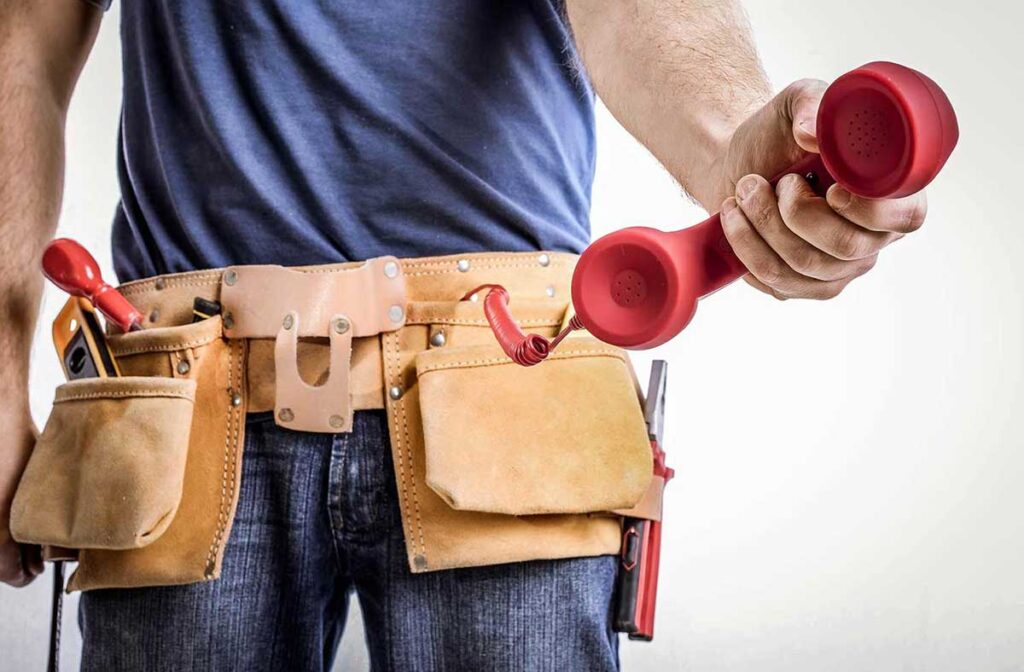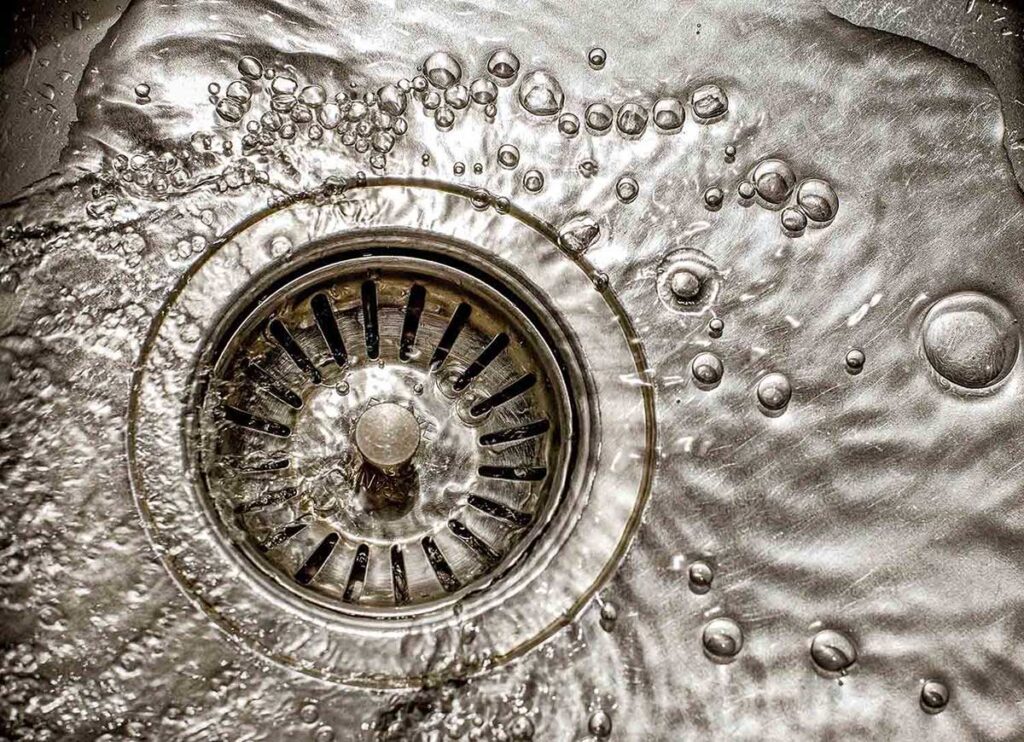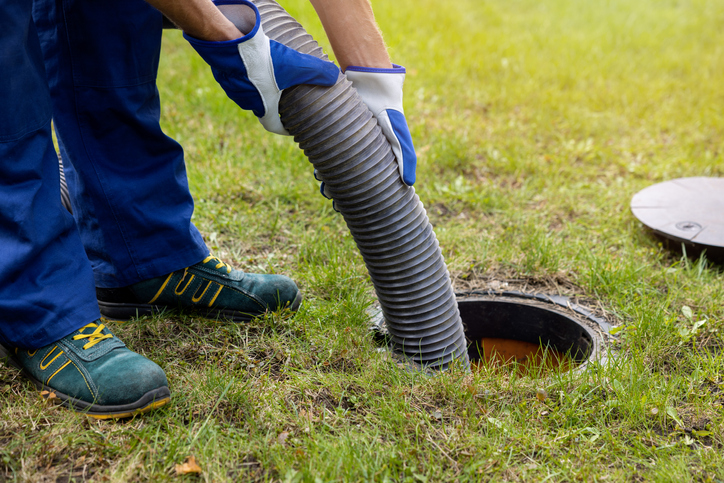Plumbing Tips: How to Avoid a Plumbing Disaster
Are you tired of dealing with plumbing disasters? Of course you are! After all, no one enjoys a clogged pipe or a burst septic tank! Discover our essential plumbing tips to prevent clogged pipes, burst pipes, and other potential disasters!


Now, let’s dive into the top plumbing tips that will safeguard your home from potential disasters.
Regular Maintenance Plumbing Tips
To keep your plumbing system in top shape, regular maintenance is crucial. Schedule seasonal plumbing inspections to identify potential problems before they escalate. Promptly address leaks, no matter how minor, to prevent water damage and mould growth. Maintain your water heater by flushing sediments and checking for signs of wear. Additionally, remember to check faucet aerators and showerheads for mineral buildup and inspect and clean gutters to prevent water overflow.
Here are some important maintenance tasks for your plumbing system:
- Seasonal Inspections: Regularly schedule professional plumbing inspections to detect and fix potential issues before they turn into costly emergencies.
- Leak Detection: Act promptly when you notice leaks, no matter how small they may seem. Ignoring leaks can lead to extensive water damage and mould growth.
- Water Heater Maintenance: Flush your water heater regularly to remove sediments and debris affecting its efficiency and lifespan.
- Checking Faucet Aerators and Showerheads: Clean or replace clogged faucets and showerheads to maintain strong water flow and prevent mineral buildup.
- Inspecting and Cleaning Gutters: Keep your gutters clean and free of debris to ensure proper water drainage and prevent water overflow near your foundation.
Preventing Clogs: Drain Care Plumbing Tips


Effective drain care is essential to prevent clogs and maintain proper sewer function. Avoid disposing of grease, coffee grounds, and other debris down the drain, as they can lead to stubborn clogs. Use eco-friendly drain cleaners and regular drain cleaning to prevent buildup and blockages. Installing hair screens and strainers in sinks and showers can catch hair and other debris before they enter the drain, further preventing clogs.
Weatherproofing: Protecting Your Pipes During Winter
As winter approaches, it’s crucial to weatherproof your plumbing to prevent frozen pipes. It’s critical to insulate exposed pipes and outdoor faucets to prevent freezing and potential bursting. Allowing faucets to drip during freezing temperatures can prevent water from stagnating and freezing in the pipes. Also, closing crawl space vents and doors during winter will also protect pipes from frigid air. Lastly, remember to disconnect and drain outdoor hoses before winter and keep the home’s temperature consistent during extremely cold weather.
Plumbing Tips on How to Take Care of Your Pipes:
Here are Plumbing Medic’s top plumbing tips to care for your pipes!
- Avoid putting anything down the drain other than what is recommended for your type of pipe. For example, don’t put grease down a drain that is used for wastewater only.
- Don’t flush anything but toilet paper and human waste down the toilet. Don’t flush tampons, paper towels or plastic bags. These items clog drains and can cause sewer backups in your home.
- Don’t pour grease down kitchen drains; it could harden and clog your pipes. Instead, let it cool and then dispose of it in the trash can outside or in an outdoor garbage disposal unit if you have one. Small amounts of grease can be disposed of with kitty litter or baking soda (a good scrubbing will help!).
- Find out where your main water shut-off valve is located so that you can quickly turn off the water supply during an emergency situation such as a flood or burst pipe.
Your pipes are a vital component of your plumbing system. In fact, they are like the arteries that run through your body. Much like your veins, when your pipes are clogged or strained, your system will run into a disaster!
Septic System Care: Preventing Overflow and Backups


One of the worst plumbing disasters that can happen is an overflow of your septic tank. It’s smelly and disgusting. So let’s talk about how you can prevent it from ever happening. Regular septic tank pumping is essential to prevent overflows and maintain the system’s efficiency. Avoid using harsh chemicals and excess water, as they can disrupt the balance of bacteria in the septic tank. Be mindful of landscaping considerations and avoid planting trees or shrubs near the septic system to prevent root intrusion.
Cost of Prevention: A Worthwhile Investment
Investing in preventive plumbing measures can save you from costly repairs and stress in the future. Compare the expenses of routine maintenance and minor repairs to the significant costs of emergency plumbing services and water damage restoration. Notably, proactive plumbing care can also prevent potential insurance claims and help maintain lower premiums. By following these plumbing tips, you can avoid plumbing disasters and enjoy a hassle-free home.
Discover More Plumbing Tips with Plumbing Medic


Take the first step towards a disaster-free plumbing system with Plumbing Medic’s expert services. All things considered, contact Plumbing Medic today for professional plumbing services, maintenance, and expert advice to safeguard your home’s plumbing system. Remember, investing in prevention today can save you from costly plumbing repairs and stress in the future.
